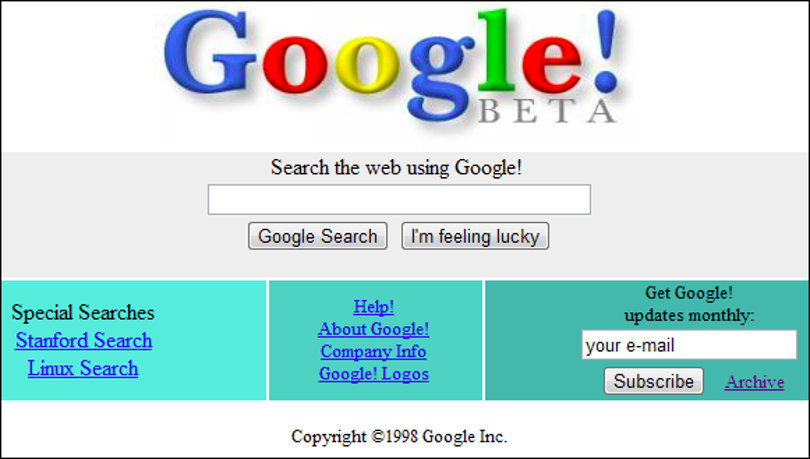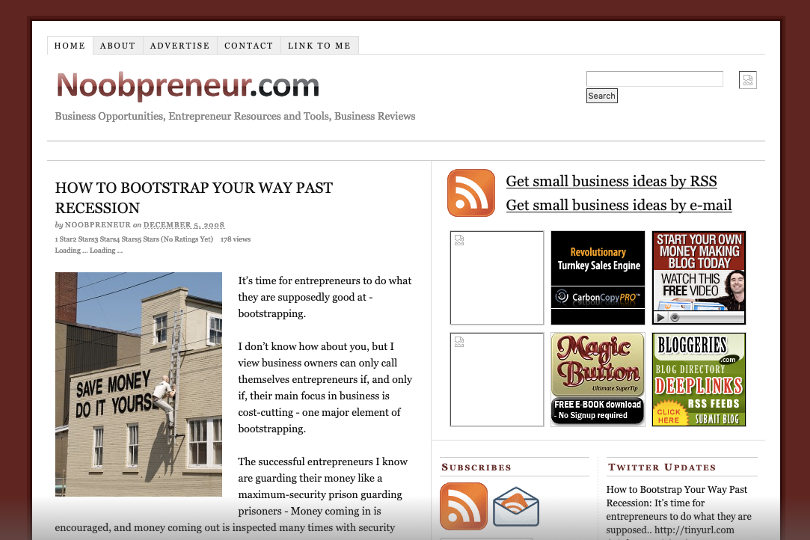The average website should last anywhere from 2-7 years. That’s obviously a wide range, with a lot of factors dictating where you will fall in it.
Odds are good that your first website will not last as long. Odds are pretty good that you didn’t know as much about web marketing when you built it, and your offers and target market may have changed since then.

If you’re even reading this today, you’re likely on the fence about whether or not your website’s time has come. Should we blow it up and build it again, or can we tweak and repair it?
Before you invest the time and money into a V2 of your website, ask yourself these questions.
1. What is the Problem?
What is your website doing that has you thinking about a new one? More accurately, what is it doing wrong?
In a lot of cases, the website seems to have slowed down over the years. Or it seems to be clunky. If speed is the issue, you may not have to throw your whole site out yet. First, upgrade your hosting company. Be sure to choose a local company for full service / support. So, if you’re based in Canada, choose a Canadian web hosting company with a reputation for solid speed and uptime stats.
Next, try removing any:
- Blogs or pages that no longer hold value
- Extra coding on each page
- WordPress plugins you’re not using
You should also make sure you’re compressing your images for web usage.
2. Are You Mobile-Friendly?
If your site was built 3-4 years ago, the mobile site may have been a bit of an after-thought. Today, however, Google has moved to mobile-first indexing as the default.
If Google didn’t find your mobile site was properly optimized, they would have told your webmasters. However, not hearing anything doesn’t mean your website is mobile-friendly. It simply means Google didn’t spot any glaring issues at first glance.
If your mobile experience isn’t where it should be, it could be time for a total rebuild.

3. Is it Not Producing or Ranking?
We should first say that both search engine optimization (SEO) and conversion rate optimization (CRO) are fickle sciences, and failure in either area can’t simply be fixed with a new website.
If you do nothing but build a new website, the same failed tactics that doomed the old site will carry over to the new one—it will simply look a little bit better.
Whether you decide to keep it or not, it’s very important that you have a professional audit your existing site to find out what has gone wrong, or why you never saw the results you were expecting. Ask big questions like:
- Was there something wrong with the information hierarchy?
- Where did the user experience break down?
- Were we using the right keywords? Did we optimize them correctly?
If you can’t answer these questions, your new site doesn’t stand much of a chance.
Of course, people will often simply build a new website because they’ve changed their branding. Yes, that reason is pretty automatic. Trying to retroactively wedge a new brand into an older website rarely works out.
However, if your site is slow or underperforming, don’t assume you need a whole new site. Audit the site to find the problem. If it is time for a new one, you need to apply the lessons that you learned on the last site in building the new one.
Remember, newer isn’t always better.







